We Created the Digital Human Cardiac Coach

*WHO* is the Digital Human Cardiac Coach?
Our journey started in March 2006 with my husband Allan Johnson experiencing a sharp pain in his left arm and shortness of breath on a 20km run through an isolated snow-covered canyon at high altitude near Winnemucca Nevada.
He was only 48 years old and a non-smoker. In the years since, he has undergone 4 heart surgeries, including 2 bypass surgeries – all up, 8 cardiac bypass grafts and 4 stents – in surgeries in the US and Australia. Now with several serious co-morbidities, his enthusiasm for helping others is undimmed.
Our lives were irreversibly changed but not always for the worst. Many amazing people have helped us along the way, Allan as a patient and me as his carer, and we want to thank them for being with us on our journey.
Allan Johnson is the co-creator of Digital Human Cardiac Coach, known as #CardiacMan
and Patient #1
This is our story…






What made the Digital Human Cardiac Coach possible, was the unusual convergence of our professional skills and experience, and our lived experience.
Surrender was never an option.
Allan first studied expert systems, the predecessors of artificial intelligence, back in the 90s as an aeronautical engineering officer in the Royal Australian Air Force (RAAF). He has extensive international technology experience, including systems integration, consulting and ERP – including in health in Australia and internationally. He is a qualified fitness instructor, speaker, lecturer and advocate on cardiac rehabilitation and health.
Our 17 year journey towards the Digital Human Cardiac Coach
Early on, we were both frustrated by the lack of support for heart patients throughout their journey – in the hospital, during cardiac rehabilitation and afterwards. There was no support for carers.
Allan’s first and continuing response to that frustration has been to throw himself into volunteerism and self-education. He became a personal trainer, a rehab trainer and connected to rehab and patient forums globally.
Eventually we both came to realise that there were systemic problems that couldn’t be overcome by local action and started searching for ways to overcome the problems of health illiteracy and accessibility.
For decades, cardiovascular disease (CVD) has been classified as a pandemic by the World Health Organisation.
CVD kills 18 million people every year, with health illiteracy a major impact on mortality.
Many people are denied access to cardiac rehab. This is a life journey, an emotional roller-coaster from the time of the initial trauma. This emotional life journey would be the pattern for design.
We would do this by applying science and practical knowledge to fixing what is broken.

“For the first time in my life, the stakes were personally very high. If I couldn’t get this right, I faced a diminished quality of life and maybe even an early death. It wasn’t easy.
I started this journey totally health illiterate like most heart patients. Overcoming this barrier for all patients, has to be a priority.” Allan Johnson
We wrote about our experience of abandonment, and the squandered promise of Government eHealth.
We wrote about how we use technology: the Apple health ecosystem, the health Internet of Things. We wrote about how we rely on this ecosystem, and especially in times of emergency. We had data. We felt in control.
We wrote about trust, reassurance and comfort - emotional companions on this life journey.
Early on we saw the potential for AI powered digital humans as part of an omni-channel metaverse approach, to help overcome the impact of health illiteracy and accessibility.
But this could not be a talking puppet or talking brochure. Context was needed, and this could only be achieved through deep co-design.

Even before COVID-19, only about 30% of people were able to access cardiac rehab. Women, people with disability, and people in disadvantaged communities drastically under-represented. And those shocking numbers for a decades long pandemic (CVD).
Health systems globally have proven fragile in managing two pandemics simultaneously and around the world, cardiac rehab services have ceased.
The current COVID-19 pandemic has prematurely ended the lives of many heart patients; I wrote about this recently (Telehealth and the Tale of Two Pandemics” in InnovationAus). Digital Human Cardiac Coach can be an important part of the future servicing model.
But in getting to this point, Allan’s health is often fragile and there have been many times when he has had to “down tools” on his part of the project whilst he is in hospital and then recovering. As his carer my focus also has to change during these difficult times. We would have liked to continue our development work, but we started the project to help others and there is a dire need right now. There is also huge interest - but there is also considerable knowledge and expertise gaps.
By democratising this body of knowledge, we hope to accelerate its adoption.

What is the Digital Human Cardiac Coach?
For the first time, this is a body of knowledge that describes a way to address the impact of health illiteracy on machine learning ~ and this was only possible through deep co-design.
What is the Digital Human Cardiac Coach?
The Digital Human Cardiac Coach is a technology neutral omni-channel model. This envisages contextual access via virtual worlds and IoT.
The science and design of the Digital Human Cardiac Coach is the science and practice of complex servicing systems.
This is a model based on the through-life patient journey and the patterns of conversations that, through our years of research and lived experience, we have discerned and documented.
The Digital Human Cardiac Coach is a blueprint to localise life-long heart health conversations – it turns software-as-a-service as a one size fits all, on its head. Localisation means that communities in greatest need can benefit and be part of the solution.
The Digital Human Cardiac Coach blueprint encompasses a corpus of thousands of questions, though-life conversation patterns, guided conversations, methodologies for localisation, and operating model concepts for sustainment.
Co-design will overcome inherent and systemic biases that compound health illiteracy and in doing so, support Human Rights. But current approaches do not do this.
This is not a digital puppet or talking brochure.
There are currently no lifelong cardiac coaches that provide continuous support for heart patients on their heart health journeys. What we are envisioning is a companion that you meet in hospital and is there every step of the way throughout life.
The Digital Human Cardiac Coach is new digital capability focussed on health illiteracy, diversity and high performance accessibility.
Limitations of Many Digital Human Health Models
Most commercial digital human health concepts fail to address health illiteracy - and this failing is due to the fact that co-design is neither undertaken nor understood.
There is a simplistic focus on content and having a digital human “talk” the content. The problem is, the content is the problem – and in particular, content from authoritative sources. And there is decades of research on this.
We see crowd-sourced promotions inviting both experts and members of the public to “teach” the digital human. This is not co-design. And neither of these approaches addresses the impact of health illiteracy on service design.
Similarly, there is much focus on the development of large sets of questions and answers. To this we say, this is not enough. What if a patient doesn’t know what question to ask? Or doesn’t even understand or have any knowledge about key concepts, such as volume?
And this is the case given the extent of health illiteracy across populations, and in particular in disadvantaged communities. This is a common challenge in any service delivery setting: which is why the science of complex servicing systems is an essential component in design.
The questions people ask and the information they need varies throughout their life journey.
Machine learning cannot learn what the patient doesn’t know...or what whole populations do not know ... or do not even talk about. Machine learning on a large data set from health illiterate populations will have gaps and errors. Localisation through co-design is critical.
Similarly, crowd sourcing from experts also fails. As referenced above, there is decades of research and litigation case law on the negative health impact of bureaucratic health information.
In summary, without the governance of co-design, crowd sourcing from health illiterate populations or from experts fails to overcome the impact and disadvantage of health illiteracy.

